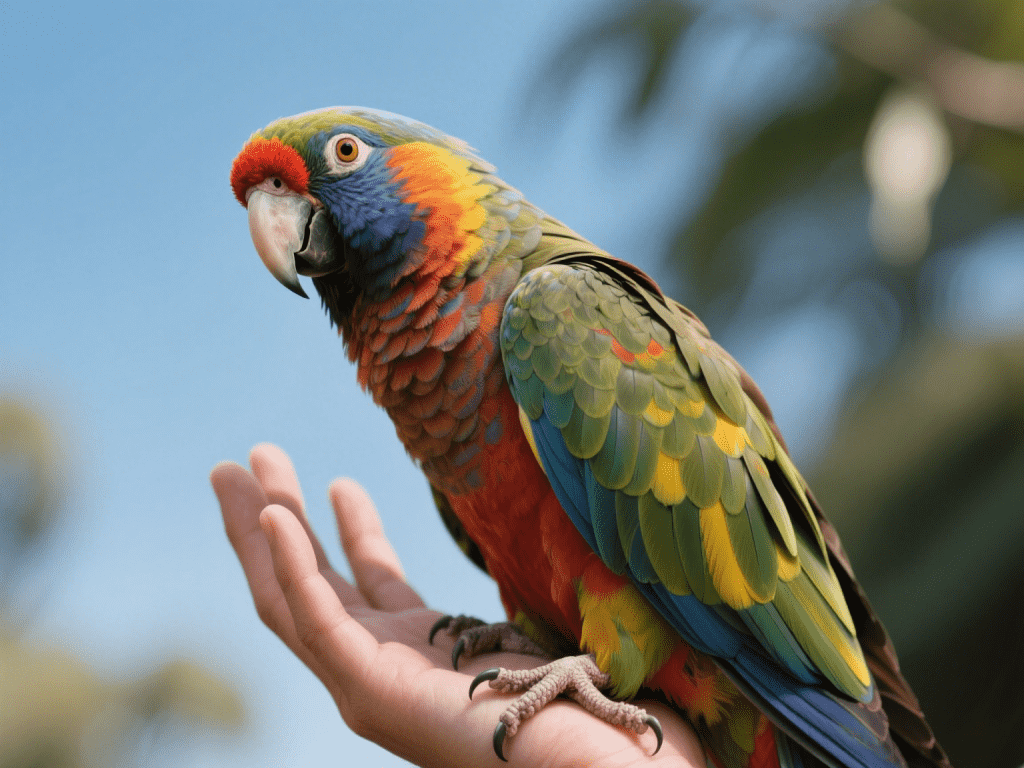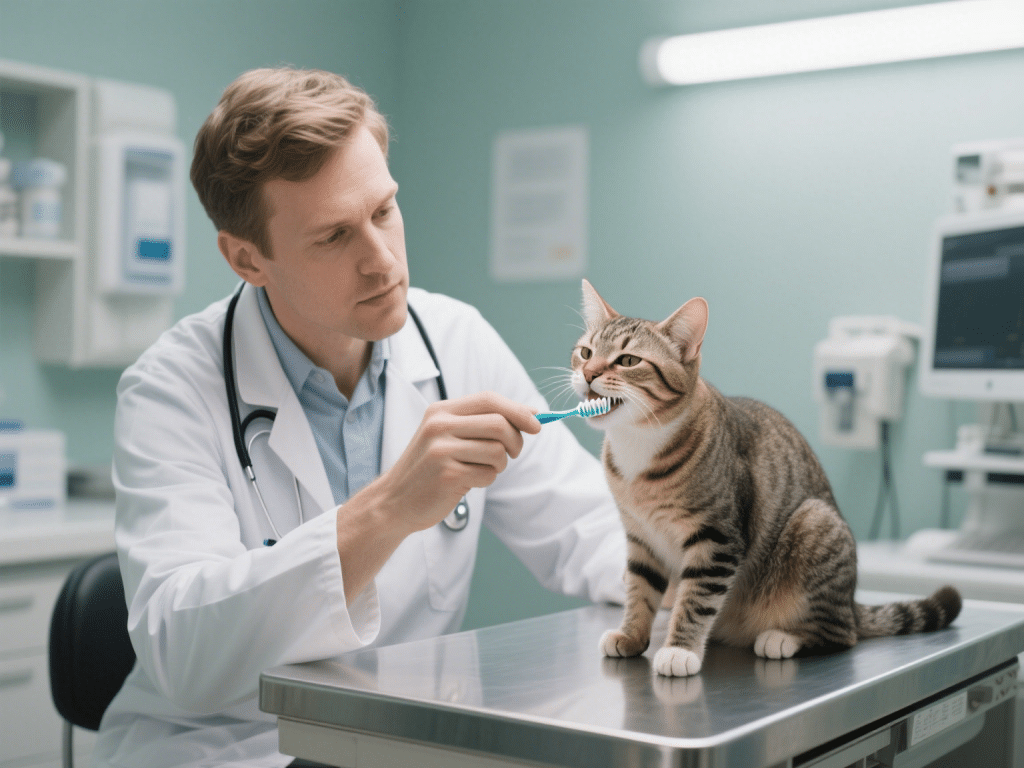Safe Parasite Control for Small Breed Puppies

Parasites pose a hidden threat to our tiniest canine companions. Drawing on my background as a canine parasitology researcher and family-vet consultant, I’ve crafted a targeted guide to prevent and manage fleas, ticks, and intestinal worms in small-breed puppies. Let’s ensure your pup thrives in a parasite-free environment.
1. Understand Age-Appropriate Treatments
Not all products suit puppies under eight weeks. Consult your veterinarian for safe, FDA-approved dewormers and topical preventives designed for toy and miniature breeds.
2. Establish a Deworming Schedule
Puppies typically require deworming at two, four, six, and eight weeks of age, then monthly until six months. Keep meticulous records to avoid missed doses.
3. Choose Puppy-Safe Topical Preventives
Select spot-on treatments with labeled puppy approval and proper weight-based dosing. I’ve found pipette-based formulas easier for anxious pups.
4. Keep the Environment Clean
Wash bedding weekly in hot water. Vacuum carpets and rugs frequently to remove flea eggs. Consider using pet-safe sprays on baseboards and upholstery.
5. Monitor Stool and Coat Regularly
Inspect puppy stool for worms or proglottids. A healthy coat is glossy and thick; any dullness or excessive scratching warrants immediate attention.
6. Natural Repellents with Caution
Some essential-oil formulations deter fleas but can irritate puppy skin. Always dilute thoroughly and perform a small patch test first.
7. Flea Comb Inspections
Daily comb-throughs help spot early flea activity. Drop any live fleas into soapy water to confirm sightings before treatment escalation.
8. Bathing and Grooming
Gentle puppy shampoos with flea-control agents provide relief. Follow with a soothing oatmeal conditioner to maintain skin barrier health.
9. Educate Family and Visitors
Parasites can hitchhike on clothing and shoes. Encourage visitors to remove shoes indoors and keep other pets up to date on their preventives.
10. Veterinary Follow-Up
Schedule stool analyses at three and six months. Early detection of hidden intestinal parasites prevents anemia and digestive upset.
By following these small-breed–focused practices—backed by veterinary standards and my hands-on research—you’ll safeguard your puppy against parasites and set the stage for a healthy, happy life together. Consistency, vigilance, and collaboration with your vet are the keys to success.






Comments on "Safe Parasite Control for Small Breed Puppies" :